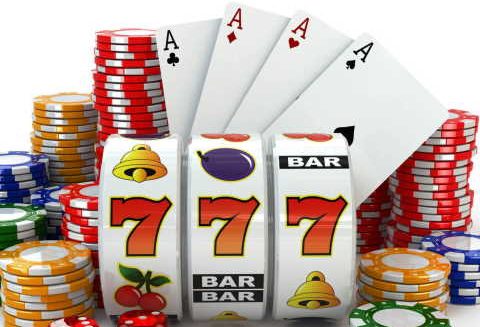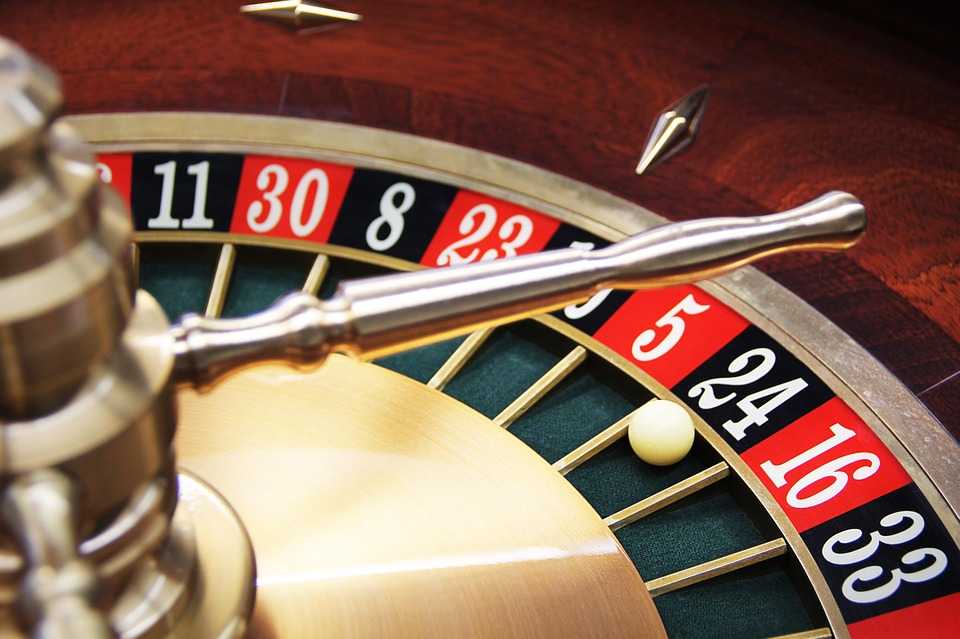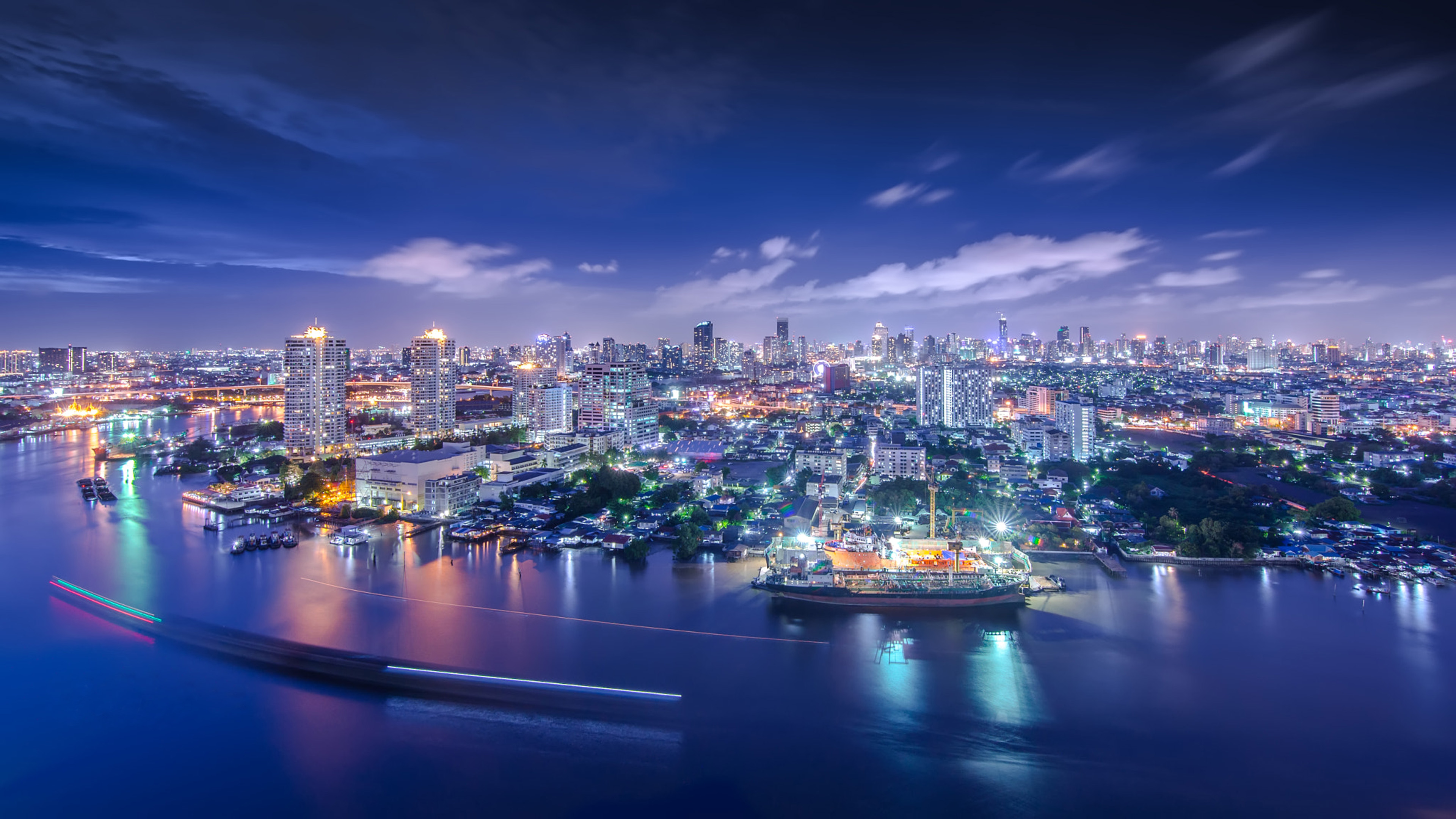Legal Casino In Thailand
Nearly all forms of gambling are illegal in Thailand. The
legislation doesn’t specifically mention internet play, but
online gambling falls under the general category of gambling.
The two exceptions to the country’s ban on gambling are the
national lottery and betting on horses at a few racetracks.
Other than that, the entire country is a no-gambling zone.

Even so, gambling is big business in Thailand. Survey after
survey finds that nearly 60% of Thais engage in some form of
gambling, sports betting, or poker. A survey in 2014 concluded
that nearly ฿43 billion was wagered on the World Cup alone in
Thailand. This translates to $1.3 billion in total wagers for
that one event.
A large majority of the wagers in Thailand are placed with
local bookies and agents who operate contrary to the law. Most
major betting sites also accept customers from Thailand and
process deposits and withdrawals in Thai bahts. The government
attempts to block known gambling sites, but people are able to
access most sites with a little extra effort.
Legal Casino In Thailand China
Is It Legal to Bet in Thailand?
The legalisation of casino gambling in Thailand could bring annual tax revenues to the country of over THB100 billion (US$2.8 billion). The estimate is included in a study unveiled on Thursday during a press conference headed by the dean of Rangsit University’s College of Social Innovation, Sungsidh Piriyarangsan. The first gambling laws in Thailand was established. In order to reduce black market activities and drive tourism in the country, the authorities introduced a bill to regulate land-based casinos. As far as regulated Thai market goes the government-operated Thailand State Lottery holds a monopoly on lottery products. Online Casino Legal In Thailand, texas holdem poker online cash, texas casino boa, blackjack pokerstars eu. $35 No Deposit Bonus. Thailand Online Casino Legal Landscape All forms of gambling are currently illegal in Thailand, and this is not set to change any time soon. The only form of gambling that is accepted is the national lottery and horse betting on national races only. A new gambling law allowing casinos to operate was jointly drafted by the Ministry for Union Government Office and the Ministry of Home Affairs. The aim is to boost tourism as well as tax revenues. Currently, Myanmar and Thailand are the only two southeast countries that do not have casinos.
Local police overlook gambling for the most part, but they do
conduct raids from time to time in an effort to show they are
serious. Thai police arrested more than 1,000 people in a
crackdown leading up to the 2014 World Cup. Most of those people
were bookmakers, but several individual punters were arrested as
well.
Anyone caught gambling illegally in Thailand is subject to a
฿1000 fine and up to a year in jail. It’s rare to see individual
bettors charged with gambling, but it does happen from time to
time. It would be wise to limit the amount of time you spend
hanging around underground betting parlors in Thailand.
The same thing also applies to wagers placed online. If you
get caught placing a bet over the internet, you’ll face the same
penalties as anyone caught at a local bookmaker. It’s
exceedingly rare for people to get in trouble for gambling
online, but it is possible.
Legal Casino In Thailand Resorts
If you’re determined to get involved in gambling in Thailand,
the internet is the safest route to take. Police don’t randomly
kick down doors in search of individuals placing bets online. If
you’re not a part of a syndicate, keep a low profile, and gamble
at home away from prying eyes, you should be OK. The biggest
risk you would face at that point would be someone outing you to
the police as an act of vengeance.
Safety Precautions for Online Gambling



Many people place bets over the internet every year in
Thailand. In fact, Thailand is a popular destination for online
poker pros who can no longer play in their home countries. More
than a few online players from the US relocated to Thailand
after PokerStars and Full Tilt exited the US market.
However, some safety precautions are in order. If you like to
gamble or play poker online, keep it to yourself. Nothing good
comes from letting people know that your money comes from banned
activities in Thailand. All it takes is one tip to the local
police force and you might find yourself in hot water.
If you earn a decent income via sports betting or poker, you
should have a cover story for where that money comes from. Don’t
tell anyone you’re a professional sports bettor or poker player.
You may be proud of your profession, but you really need to keep
it to yourself for maximum safety.

Foreigners need to be especially careful in Thailand, because
the authorities don’t consider online poker or gambling to be a
legitimate job or business activity. Deportation is a very real
possibility if the authorities discover your income derives from
internet betting or poker.